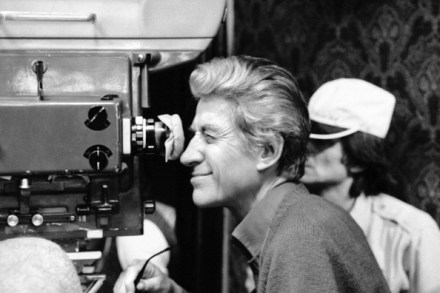An announcement for Tony Hall: BBC3 was already dead
Two words tell you everything you need to know about today’s announcement that BBC3 is to become an online-only channel: ‘spoiler alert’. The phrase is now part of the cultural language, an everyday reality for consumers of all types of media. And that’s because broadcasting – the notion that we all watch the same thing at the same time – is, for huge numbers of people, dead. Not dying – dead. That’s why it doesn’t matter that you’ll now only be able to watch BBC3 on the iPlayer. Of all Auntie’s channels it’s surely the best one to be pushed off the terrestrial cliff first — it’s aimed at the




















